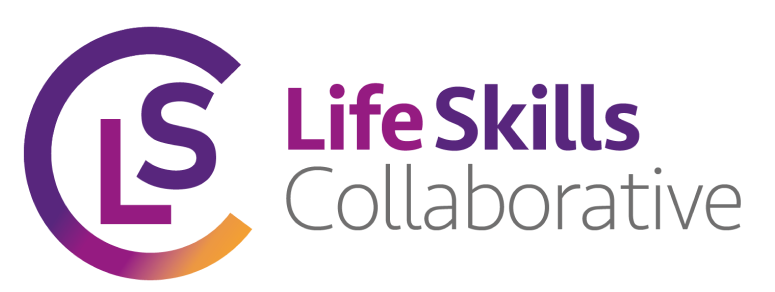- /
- /
-
The evolving face of ‘Everyday Challenges’ in the context of Life Skills learning
The evolving face of ‘Everyday Challenges’ in the context of Life Skills learning

Life Skills, as defined by WHO in 1999, refers to ten areas of development that enable an individual to deal with the challenges of everyday life in a manner which is positive, mindful and sustainable. They recommended that these skills be imparted to children/students as part of the curriculum in schools and colleges, to provide future generations with mechanisms to live a fulfilling life amidst constantly evolving realities.
Two decades have passed since WHO rolled out its recommendations. Much has changed in terms of ‘everyday challenges’.
Twenty-two years ago
Twenty-two years ago, the world population was at 6 billion. According to a World bank report, less than half this population lived in urban areas. Workplace was a brick-and-mortar environment, as were institutions that imparted learning and education. Leadership spelt domain expertise and a certain level of entrepreneurial spirit. Cell phones were only beginning to make their presence felt. They were primarily seen as luxury add-ons for personal or work-related emergencies. The internet was still very young. A dial-up was necessary to access the then popular browser. Television was king, as it rolled out all the in-house entertainment. Newspapers brought to us most of what we learnt about the world.
Parallelly, ecological developments over the course of human history allowed humans to exert a greater influence over natural resources and ecosystems. As a result, there was economic growth and rising standards of living in some parts of the world, for some people.
Challenges of the new millennium
In the early years of the new millennium, urbanisation began to make an impact like never before. As new realities of our time, we have urbanisation, population growth, resource depletion, climate change, terrorism, organized crime and disease to grapple with. The Millenium Project has identified 15 global challenges that require our attention and recognition. Some of them being achieving sustainable development goals, controlling population growth and using education to make humans more knowledgeable as well as intelligent.
In order to find answers to these questions, we must look towards several opportunities that the new millennium has thrown up. A key solution lies in equipping young minds to deal with these challenges. Fortunately, Life Skills Education modules have evolved over the years to address these changes and deliver results.
How Life Skills Collaborative is Helping to Resolve these Challenges:
Through developing a number of tools, namely Voices, Glossary and Assessments, Life Skills Collaborative aims to equip the youth of our country with skills necessary to tackle everyday challenges and become responsible citizens of tomorrow.
Voices help us understand what life skills truly means to our stakeholders, the Glossary helps us in accumulating all those definitions together, and Assessments helps us to measure the readiness of our education system to implement life skills related interventions.
Hence, we aim to make our youth champions of life skills to be able to thrive in every situation and be well-prepared as well as well-informed to tackle all the global challenges.



